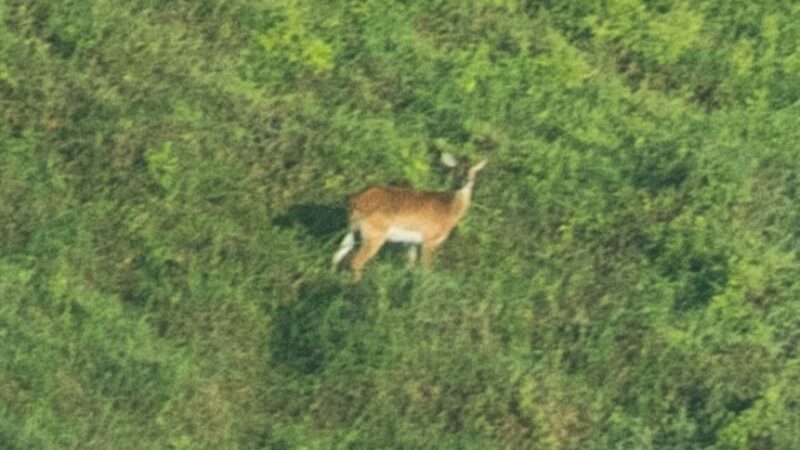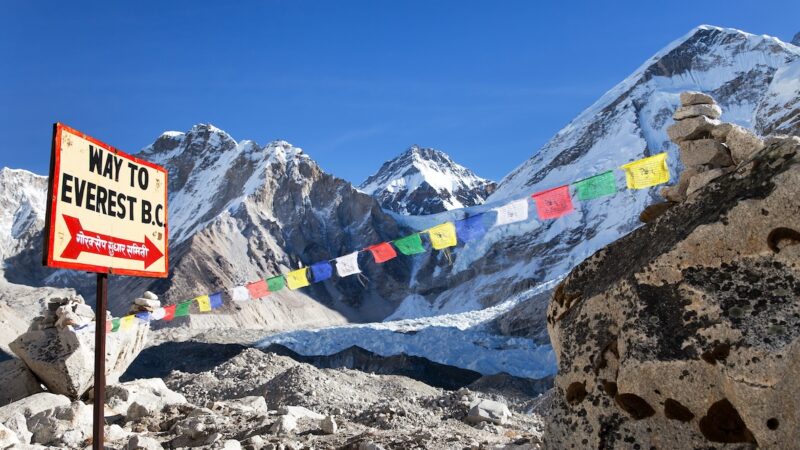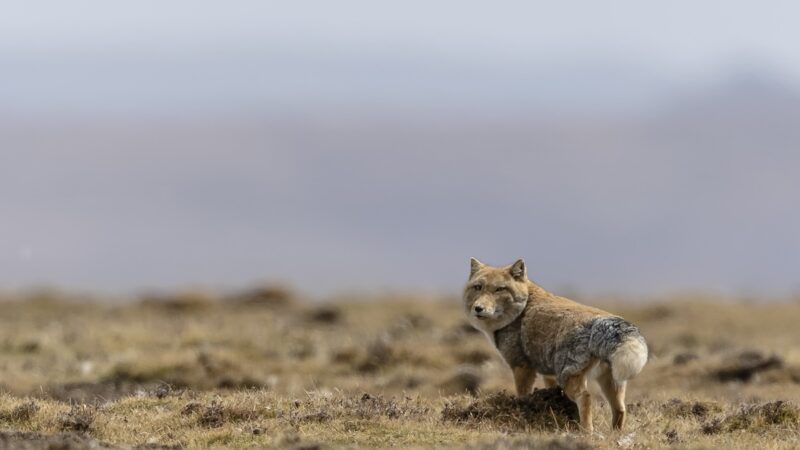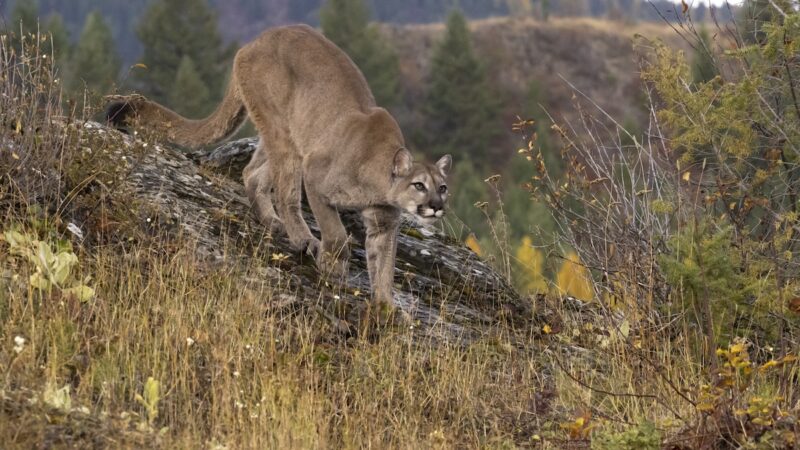10 Mind-Blowing Geyser Hikes In The Western United States
The western U.S. is home to some of the earth’s most concentrated geothermal activity. From geysers and fumaroles to lava tubes and hot springs, getting outside and seeing earth science in action with your own eyes is an incredible experience.
While Yellowstone is well known for its geysers, and has the highest concentration of them in the world, there are many lesser-known places in the west where you can get an up-close view (but not too close) of geysers with just a short day hike.
These ten geyser hikes in the western United States will surely blow your mind.
Cook’s Chasm, Oregon
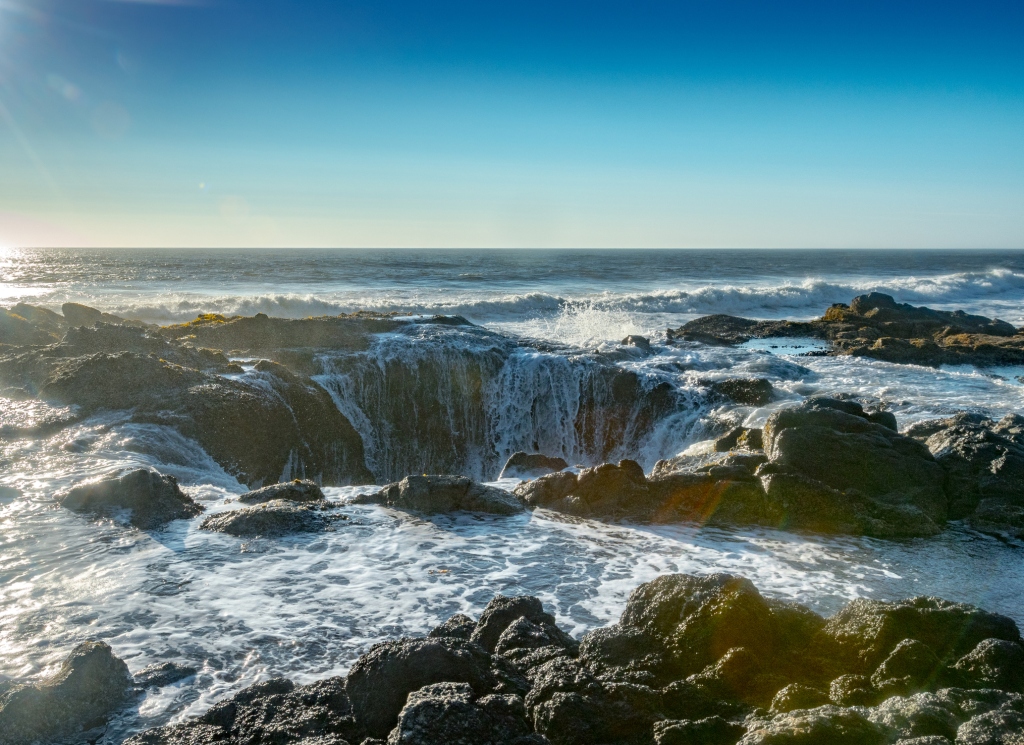
A combination of several hikes on the moderate Cook’s Chasm Trail and Trail of the Restless Waters in Yachats, Oregon takes you to see ocean geysers, deep holes, water wells and more. Low tide brings out sea creatures and the chance to view fossilized mussel shells left from harvests hundreds of years ago from Native Americans. High tide brings out more spouts of water.
With just two hours of exploring, the ocean geyser Spouting Horn, the Devil’s Churn shoreline channel and Thor’s Well- a 20-foot hole in the basalt rock that shoots up water can be seen along the multiple trails. There are also the remains of the 1930s Civilian Conservation Corps Camp.
Fees: There is no fee to visit.
Crystal Geyser, Utah
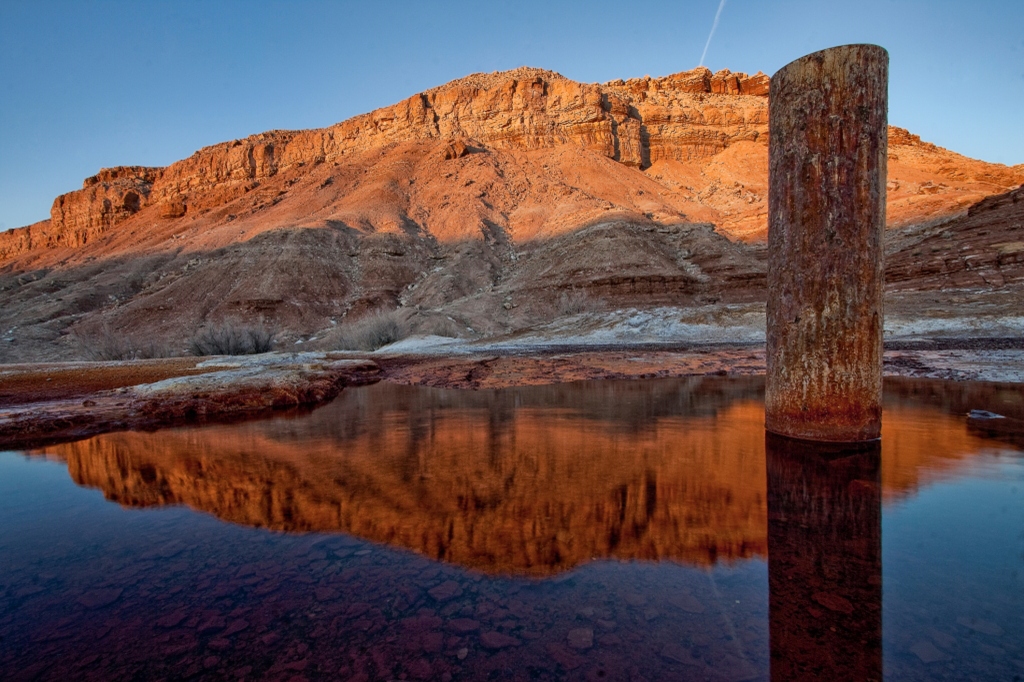
Exploring along the Green River in Utah, you can see Crystal Geyser. This geyser is only one of approximately ten cold-water geysers identified worldwide. It is created from the release of carbon dioxide and was created accidentally during mining activity. The full Crystal Geyser loop is 15 miles, but the option of driving and starting from Town Trail Road makes the trek only 3.5 miles. Scientists determined it only erupts for about 100 minutes daily and not on a completely set schedule (like Old Faithful). You may only see bubbling and not an eruption when you visit, but the area’s geography makes it worth getting a closer look.
The road is shared with ATVs, motorcycles, mountain bikers and cars, so be aware of your surroundings. This hike is best during dry conditions and crosses BUreau of Land Management Land and Utah State Trust Land. The shadeless hike should take 2.5- 3 hours.
Fees: There is no fee.
Flaming Geyser State Park, Washington
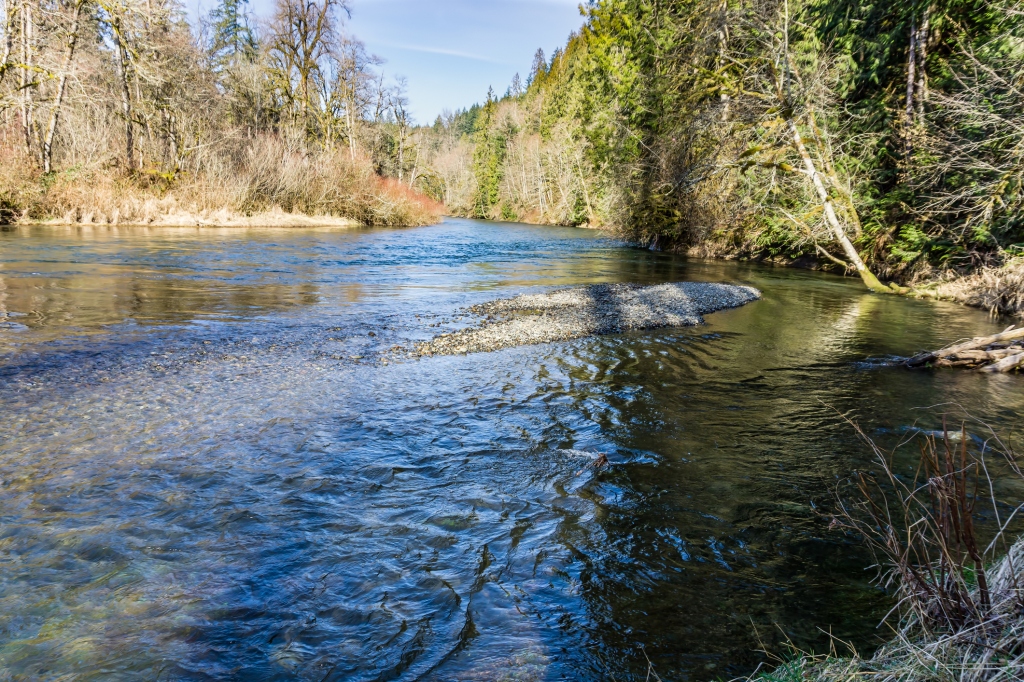
There are two (pseudo) geysers featured at Flaming Geyser State Park in King County, Washington that you can hike to see along one easy trail: Flaming Geyser and Bubbling Geyser.
Flaming Geyser was once a flame that burned through a concrete basin. It was fueled by methane gas under the surface but has since lost its spectacular, eight-foot flame.
Bubbling Geyser still bubbles and is more intense during runoff season. Geyserite deposits make the surrounding a milky white.
Since both geysers come up quickly on the River Trail (a mile round trip), we recommend taking the trail to the geysers and continuing on to Green Rover Gorge for a four-mile hike, as the moss covered trees are a sight to see all along the trail. Take in the view of the Gorge before retracing your steps for an additional view of the two geysers. The trail tends to be overgrown and may feature a small water crossing. Some steep and possibly muddy spots are expected.
Fees: $30 Discover Pass or a $10-day use pass. Dogs are allowed on leash.
Fly Geyser/ Rainbow Geyser, Nevada
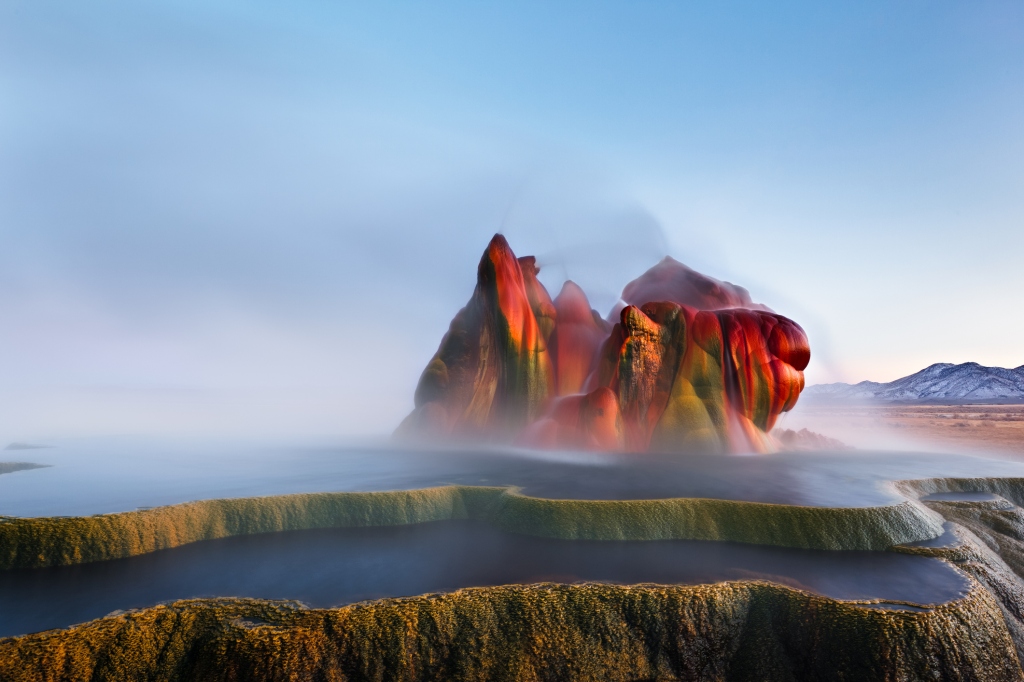
The only way to see Fly (Rainbow Geyser) near Gerlach, Nevada is via a pre-booked tour. Fly Ranch Nature Walks are available seasonally in the morning and evening. Typically held on Saturdays in the warmer months, the tour passes through the 3,800-acre Fly Ranch. The walk takes visitors past three geysers including Fly Geyser which constantly erupts with mineral deposits creating a rainbow-like effect on the geyser area. The 1.5-hour tour is 2 miles and goes rain or shine taking you through the Black Rock Desert area.
Fees: The cost is $40 per adult and children under 12 are free.
Geyser Spring Trail, Colorado
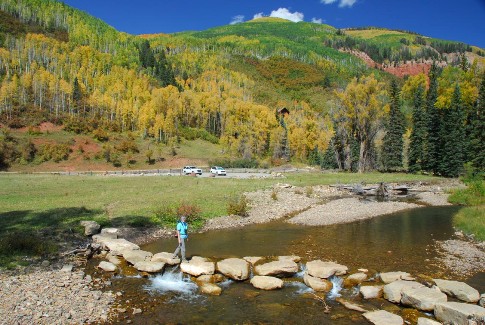
Nestled in the San Juans near Dolores, Colorado is the only true geyser in Colorado- Geyser Spring. The Geyser Spring Trail begins by crossing the West Dolores River via a bridge. The 3-mile trail is easy meandering past groves of aspen, past areas of rock slide and through wildflowers for 1.5 -2 hours of hiking time. Look for geothermal activity along the sides of the trail. The milky blue color of the geyser will come into view just after a mile-and-a-half. Every 30 minutes the geyser bubbles and puts on a little show, but entering the water is not allowed.
Fees: There are no fees to enjoy this geyser.
Grand Prismatic Overview Trail, Wyoming
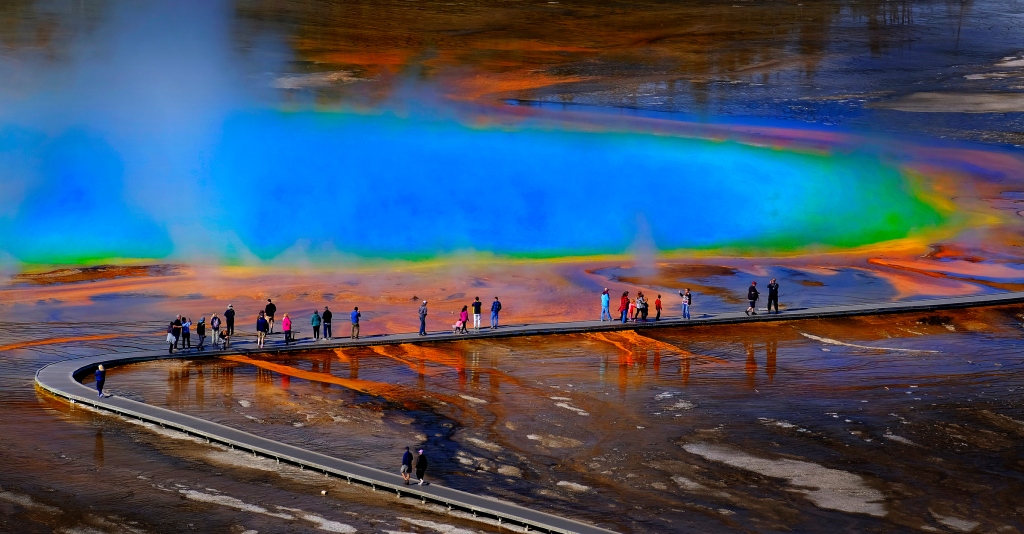
In the Midway Geyser Basin, the Grand Prismatic bubbles in a colorful display. An estimated 560 gallons per minute is discharged from Grand Prismatic creating a rainbow color effect. The mile-and-a-half hike in Yellowstone National Park is a popular one for a good reason. Take the trail from the Fairy Falls Trailhead for a mix of dirt and boardwalk. Morning and evening before sunset are great times to do this hike for a more peaceful experience. The afternoon brings out the best colors. Explore other areas of the Excelsior Geyser and Turquoise Pool while in the Midway Geyser Basin. Dogs are not allowed on the trails at Yellowstone National Park.
Fees: National Parks Pass $80, $70 Yellowstone Pass, $35 vehicle entrance fee.
Lone Star Geyser, Montana
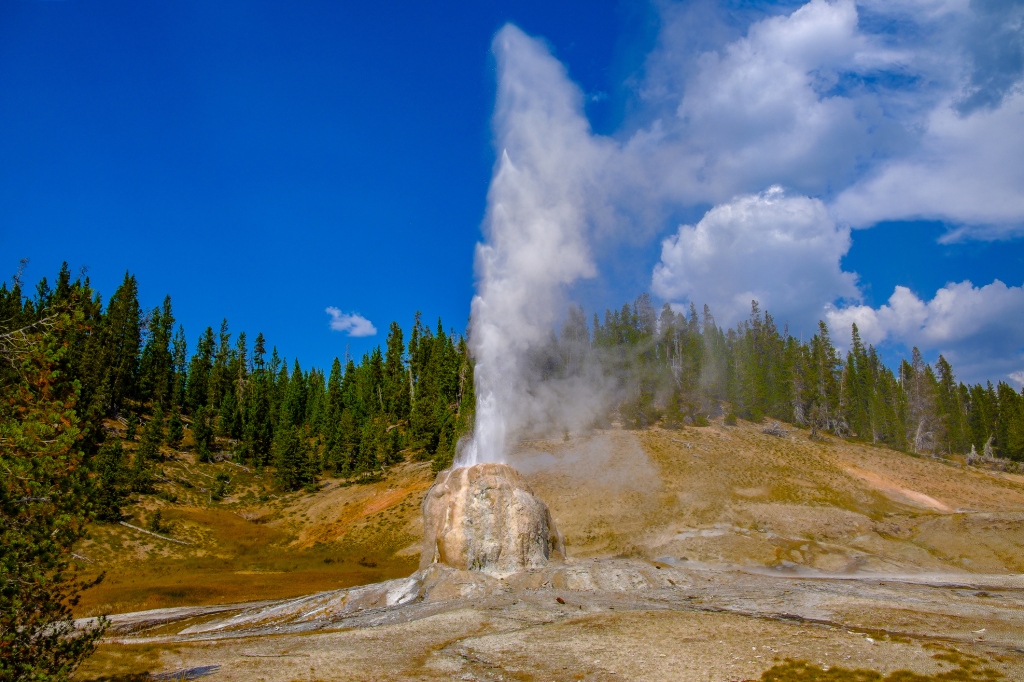
While this hike in Yellowstone National Park takes you to one geyser, it is perfect for escaping the crowds even if you are only a few miles away from Old Faithful. It follows the Firehole River and ends at the geyser for 4.8 miles round-trip. Lone Star erupts every 3 hours or so and shoots about 30-45 feet in the air from a 12-foot cone. The path is partially paved (old service road), with gravel and dirt. Bikers also use this path. Check at the trailhead or in the park visitor center for recent eruption times since the eruption times aren’t logged like Old Faithful’s. The trail can be used year round. Dogs are not allowed on the trails at Yellowstone National Park.
Fees: National Parks Pass $80, $70 Yellowstone Pass, $35 vehicle entrance fee.
Nakalele Blowhole Trail, Hawaii
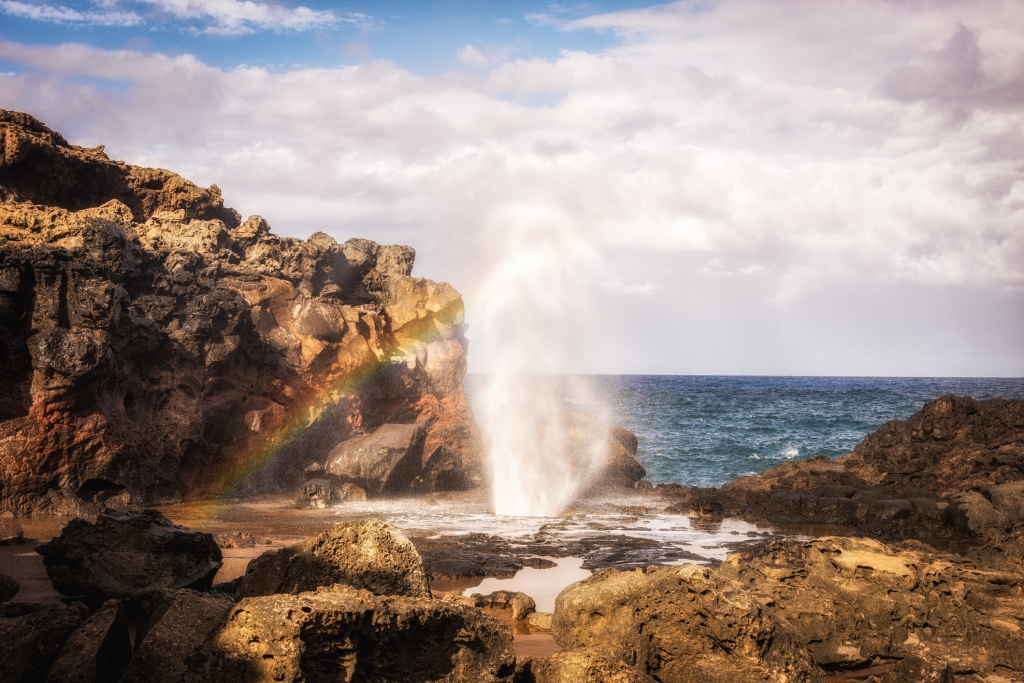
With views of the Pacific Ocean, the Nakalele Blowhole Trail is a popular destination hike in Maui. As is typical with many hikes in Hawaii, expect wet, slippery and often muddy conditions for this moderate half-mile hike.
Along the lava rock overlooking the ocean is the formation known as the “Blowhole,” a geyser created from an underground lava tube. Seawater shoots about 100 feet up into the air as it gets trapped.
The Nakalele Lighthouse is worth a visit while you are in the area, and you can make it a day with a trip to the beach. Use caution around the lava rock especially as you observe the feature because of the waves.
Fees: There is no fee for this hike.
Terminal Geyser Trail, California
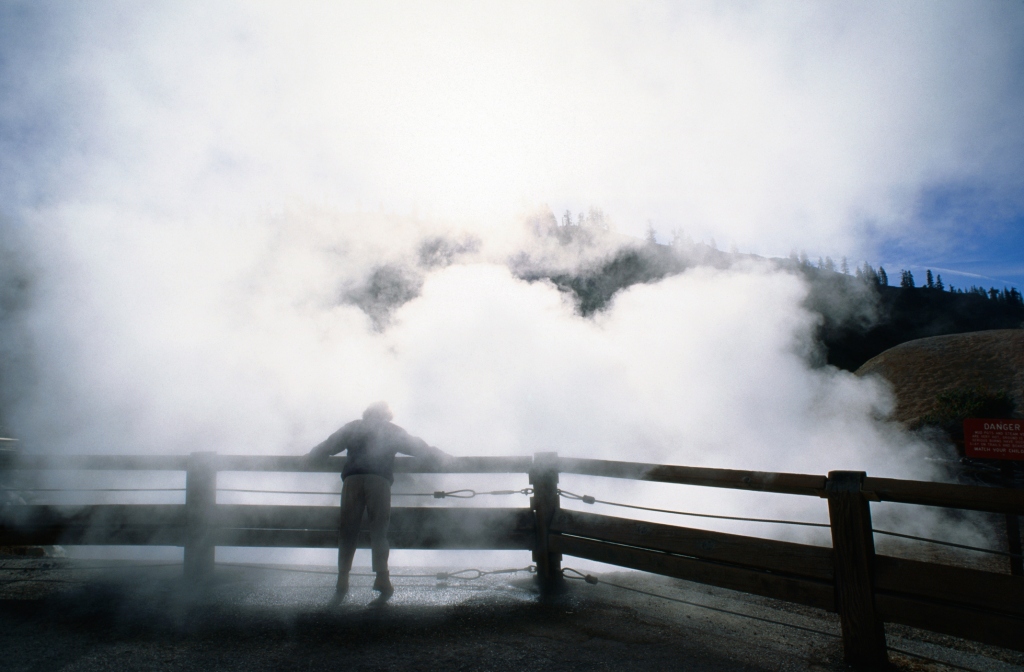
The Terminal Geyser Trail is a 5.8-mile round-trip hike in Lassen Volcanic National Park. The trail to Terminal Geyser follows the Pacific Coast Trail from the Warner Valley Trailhead. With only 610 feet of elevation gain, the hike is moderately rated. It may be tempting to want to take a dip in the geothermal and spring water of Hot Springs Creek, but getting too close to any of the geothermal features in the park is not advised. The trail also passes the geothermal features of Boiling Springs Lake and Devil’s Kitchen. Wildflowers peak on this trail during July and August. This trail is best hiked from June to October as the main park road closes due to snow from November through April. Expect the hike to take between two-and-a-half to three hours. Pets are not allowed on the trails here.
Fees: National Parks Pass $80, $55 Lassen Pass, $30 7-day vehicle entrance fee.
Upper Geyser Basin, Wyoming
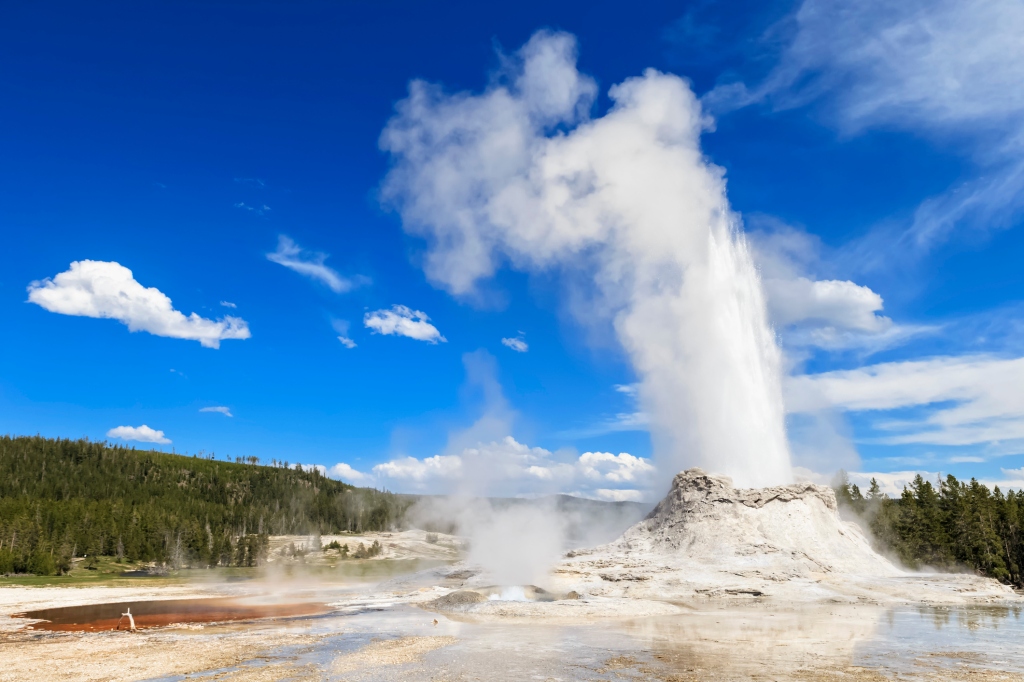
The three-mile loop of the Upper Geyser Basin takes you past 150 geothermal features within Yellowstone. This easy hike along a trail, boardwalks and dirt takes you past Old Faithful, Castle Geyser, Morning Glory Pool, and many other geysers as you follow the Firehole River. The hike can be extended by adding on the easy and relatively flat 1.5-mile Observation Point trail to view Old Faithful without the crowds. Morning and evening before sunset are great times to do this hike for a more peaceful experience. Depending on how long you observe each feature, you should and expect to be on the trail for 2-2.5 hours.
Fees: National Parks Pass $80, $70 Yellowstone Pass, $35 vehicle entrance fee.
There are approximately only 1000 geysers that exist around the world, and seeing these unique natural formations and imagining what is happening underneath the earth’s surface as you view an eruption can make for a magical memory. So if you are looking for hikes that take you traveling through geographical time, consider one of these ten geyser hikes.
Source: https://outdoors.com/mind-blowing-geyser-hikes-in-the-united-states/

